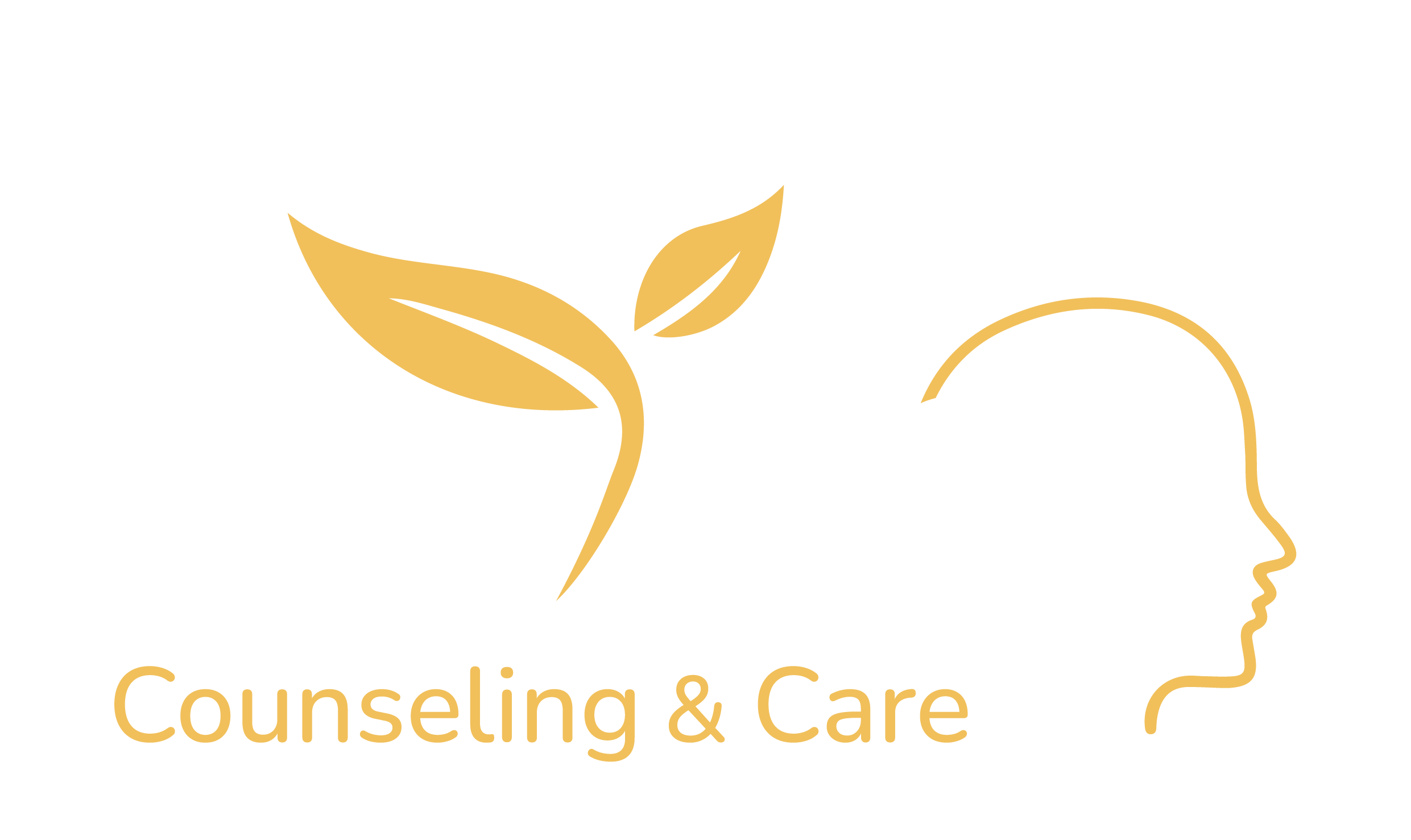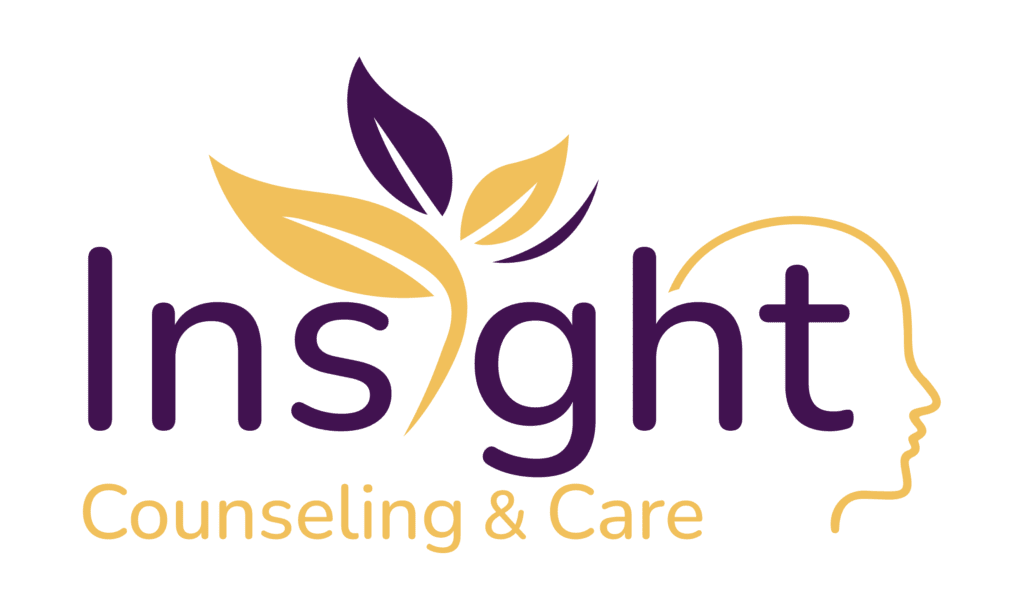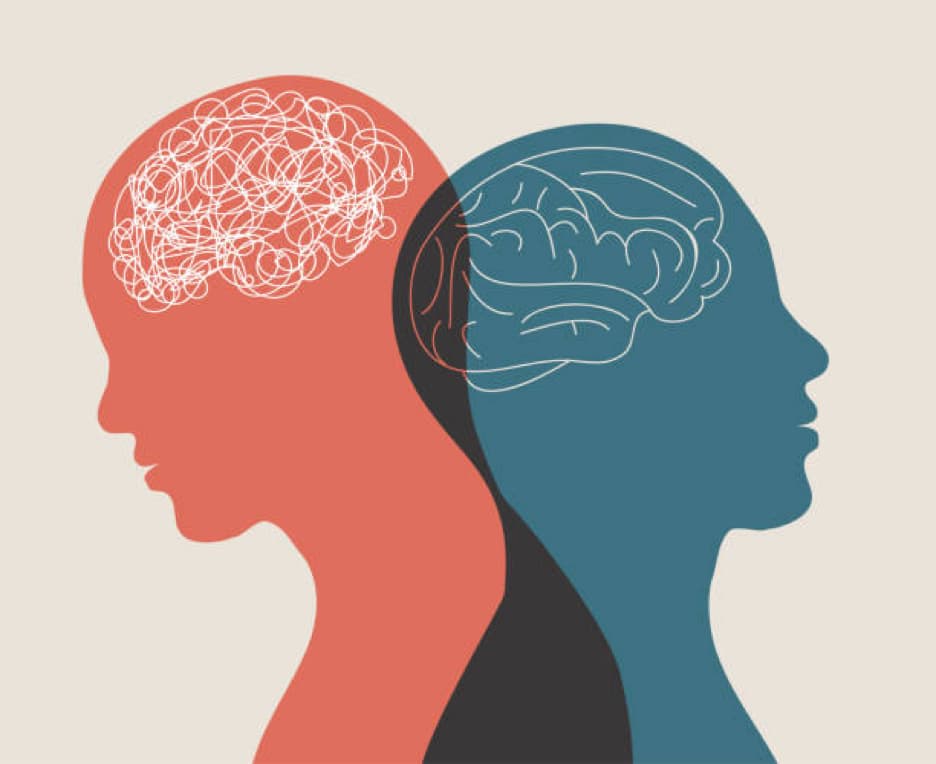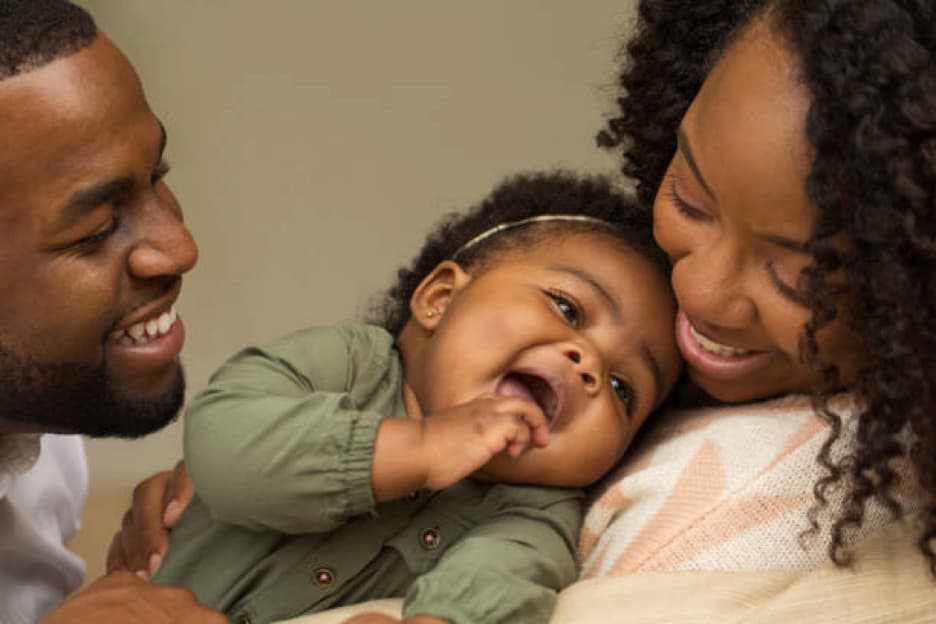When a death takes place in your life you may experience a wide range of emotions which can vary in intensity and duration. While these feelings are normal and common reactions to the loss of a loved one, understanding effective ways to process these overwhelming emotions can be extremely beneficial as you progress through the grieving process.
Here are 8 helping coping mechanisms that can help you deal with the emotions and feelings that may arise through your grieving process:
1. ALLOW YOURSELF TO FEEL THE PAIN
Grief is a natural response to loss and it’s important to let yourself experience the emotions that may come with it. Taking the time to recognize and accept these emotions is the first step in healing.
2. TAKE CARE OF YOURSELF
Grief can be both physically and emotionally draining on the body and mind. Make sure to remind yourself to eat well, drink plenty of water, get your body moving, and get enough rest.
3. EXPRESS YOUR FEELINGS
If talking about how you are feeling with others is difficult, it can be beneficial to write your emotions down. For example, keeping a journal, writing letters to your loved ones, creating art, or finding other creative outlets to help you process your emotions.
4. EMBRACE YOUR SPIRITUALITY
For some, faith or spiritual practices can provide comfort and meaning during these difficult times. Spiritual activities that are meaningful to you such as praying or going to church, or meditating can provide a sense of comfort.
5. BE PATIENT
Grief has no timeline, and it’s a process that unfolds differently for everyone. Take each new day step by step. Be gentle with yourself and allow time for healing.
6. ESTABLISH ROUTINES
While grief can disrupt daily life, maintaining routines or creating new ones can provide a sense of normalcy and structure. This could simply be going for walks for 10 minutes every morning or meeting a friend for lunch every other week.
7. PURSUE MEANINGFUL ACTIVITIES
Engaging in hobbies, volunteering, or other activities that bring you purpose can help you cope with grief. More specifically, returning to the activities that previously brought you joy and happiness can be extremely beneficial during the grieving process.
8. SEEK SUPPORT
If you are struggling with intense or prolonged grief, don’t hesitate to reach out to a mental health professional for additional support. Speaking with a clinician can give you more insight into your individualistic grieving process.
Remember, grief is a natural response to loss, and there is no right or wrong way to cope. Be kind to yourself and seek support when needed.
Source: https://www.helpguide.org/articles/grief/coping-with-grief-and-loss.htm
By Kaitlynn Russell, Clinic Assistant at ICC







